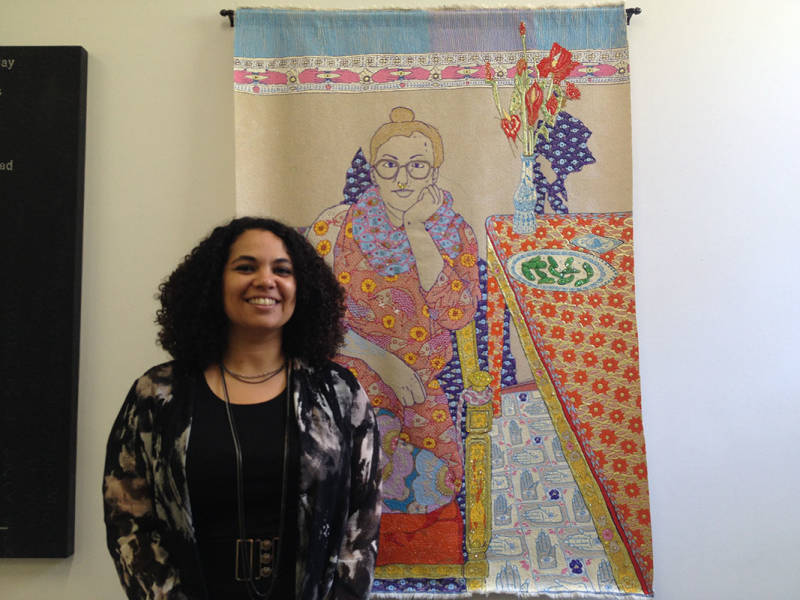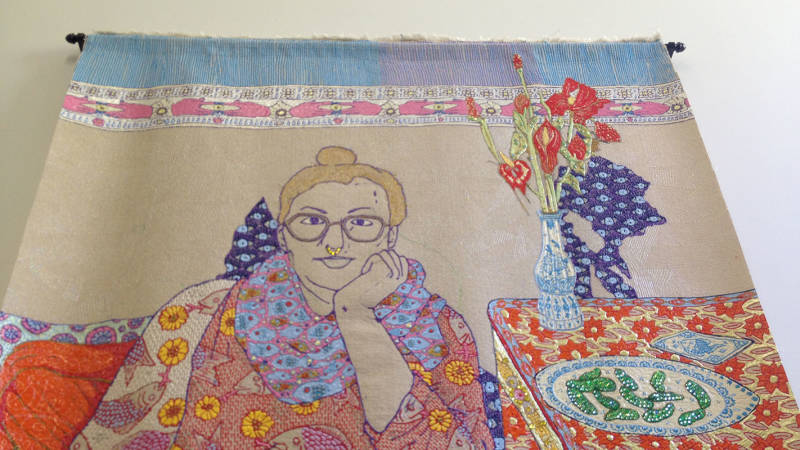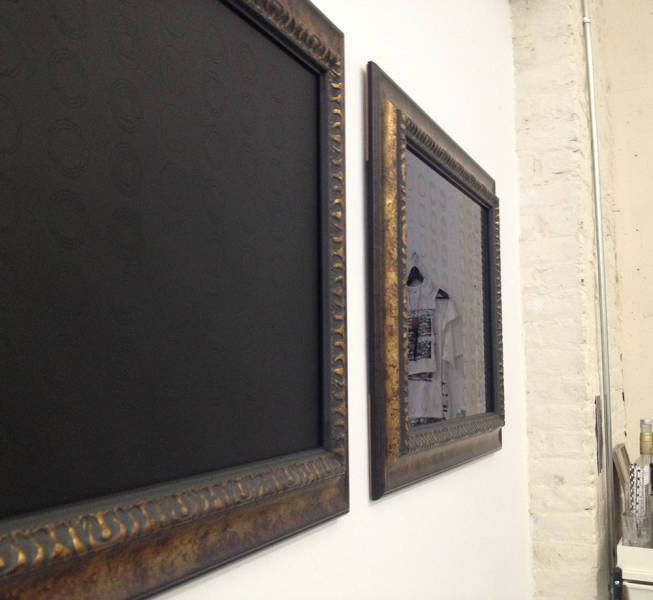Growing up in a mixed-race family, the question of imposed identity was something that always interested Rhiannon MacFadyen. The black side of her family was highly educated, while the white side was working class. “I didn’t feel like I fit into any of the check boxes,” she says. “Though my family let me be who I was, other people were always telling me what I was my whole life instead of finding it out for myself.”
Now a curator and visual artist, MacFadyen found that questions of identity were just as prevalent in the art world.

While recently moderating a panel between two artists, MacFadyen and her guests were interrupted by an audience member asking what they thought about people of color constantly having to answer for their identity.
“I wanted to tell her that I didn’t think we get asked to answer for our identity more than non-minorities all the time — it’s just that our identities are defined more rigidly than everybody else,” MacFadyen says. “Our imposed identities are supposed to be all about our minority-hood rather than the experiences we’ve had or our other inspirations.”

MacFadyen’s new show Issued ID: Minority as Brand seeks to examine the place of minorities in the art world and the ways minority artists negotiate expectations around their identities.



